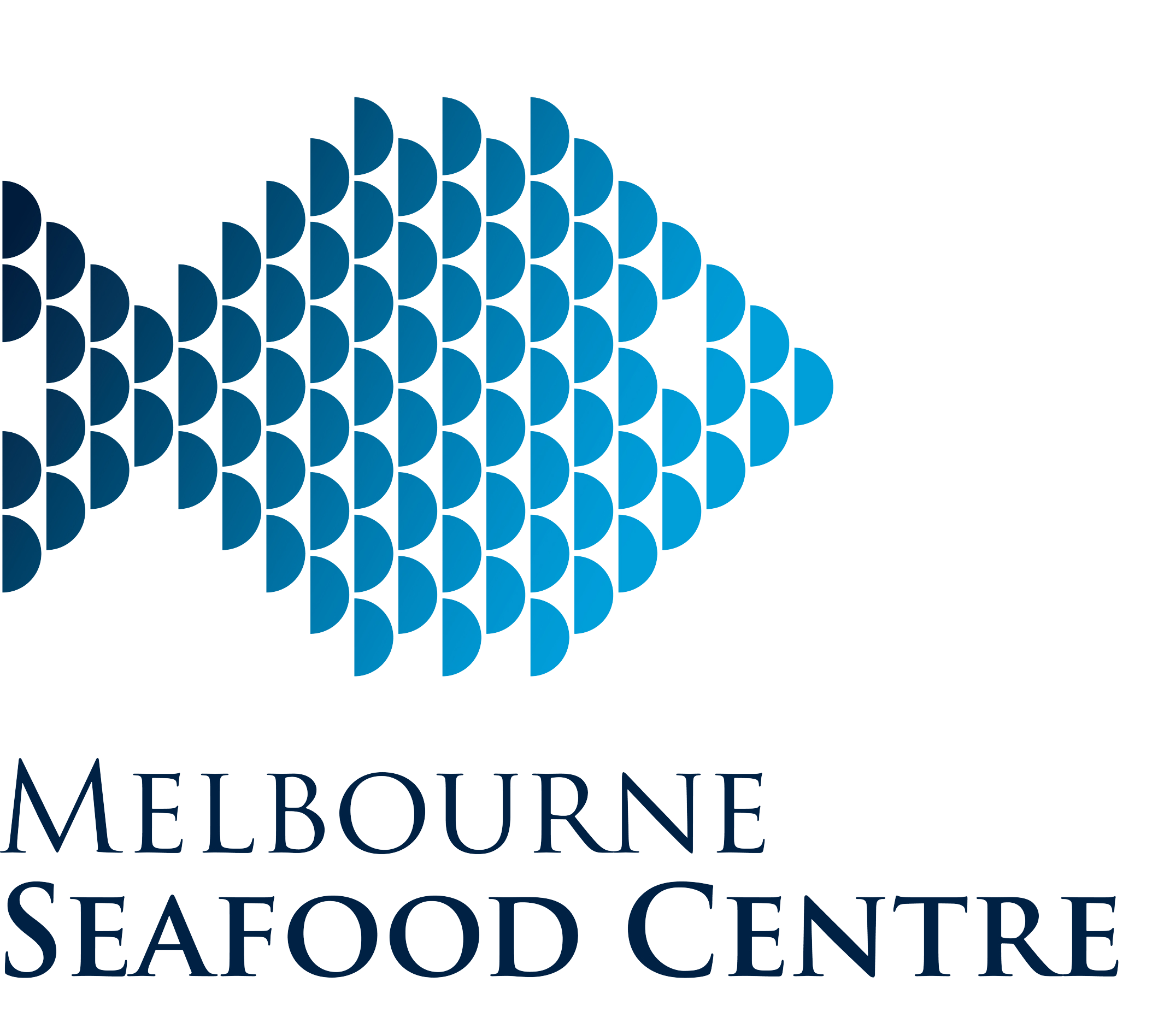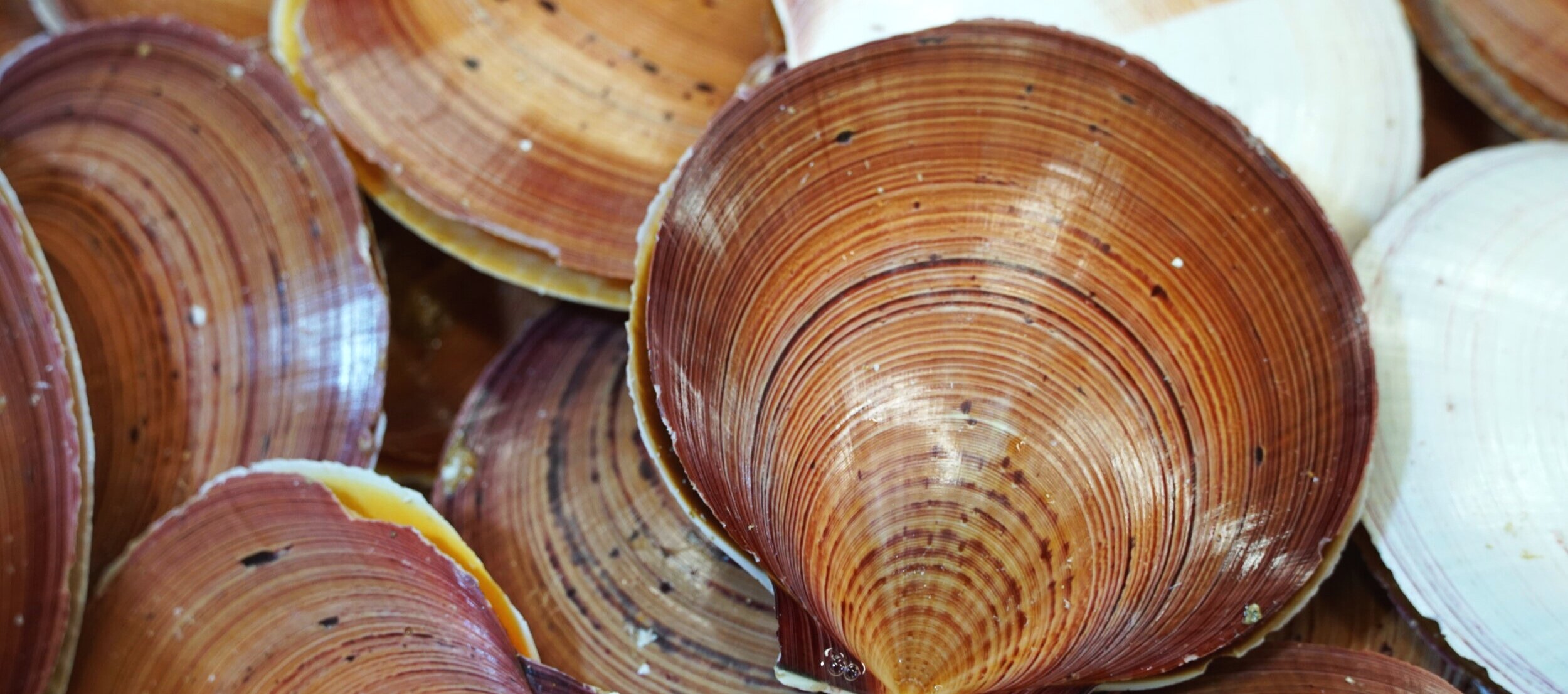OUR WASTE
In 2019, with the existent needs for more sustainable processes, the Melbourne Seafood Centre decided to develop an initial plan to address a diverse range of issues, including its waste, and social responsibility, among others. These topics will be detailed through the Sustainability Plan and Policy Project, a plan that looks forward to creating new ways how the Seafood Industry can become a proactive part of the sustainable market evolution.
As part of the Sustainability Plan and Policy Project, waste minimisation and effective management will be a core part component. To breakdown the waste strategy, this plan will be divided according to the addressed waste streams. These are:
General waste
The Melbourne Seafood Centre is currently working on minimising its general waste through the diversion of several streams, looking after the cost/effective benefit for the involved stakeholders.
The items included in general waste are: Soft plastics (food wrappers), coffee cups (paper and polystyrene), fish boxes (polystyrene), latex and plastic gloves, black cling wrap, hard plastics (fish bins), packaging and fish tags.
Co-mingled recycling
With the current crisis in the Victorian recycling industry, the Melbourne Seafood Centre is looking for future opportunities to address this stream. At the moment, commingled recycling is not available at our premises, but we are working on improving our internal operations for when the chance comes. We want to make sure our recycling has a low degree of contamination, hence assisting the future policy about recycling in our region. The Melbourne Seafood Centre will facilitate bins for kerbside recycling to create the good habit within its public. However, this stream will be put together with our general waste for the time being.
The items included in commingled recycling are: Plastic bottles (water and juice bottles), glass bottles and containers, and aluminium cans.
Cardboard and paper
Since the beginning of the new market, the Melbourne Seafood Centre brought old habits on recycling its cardboard and paper. Currently, we have a contract with a recycling company for our Paper and Cardboard recycling, diverting an estimate of 3,500 kilos of these materials per month.
Pallets
As a wholesale market place, our premises could encounter a fluctuating traffic of shipping pallets. Is this why we have encouraged our existing stall holders and traders to re-use these pallets for their benefit, preventing them to go into general waste. The quantities of pallets can change depending on season and market needs; thus, we have been able to manage this stream internally.
Fish offal
Fish offal is the organic biological waste generated by fish processing procedures. At Melbourne Seafood Centre, fish processing is not undertaken within the premises, minimising the quantities of biological residues. Every stall holder processes their product in their own facilities, using Melbourne Seafood Centre as a space for trading purposes only. These residues are taken by a company to be turned in fishmeal.
Clingwrap plastic
Currently, we can find two types of plastic clingwrap used by our traders: clear and black. The difference between these two types is the capability of being recycled. Clear clingwrap is the only one that is able to be recycled. While some of our traders prefer using black colour due to identifying purposes, we encourage the use of clear colour and promote its recycling. Every week, about 5,000 litres of clear clingwrap gets recycled.
Coffee cups
We will be promoting and encouraging Stallholders to provide a better option to Polystyrene, while creating a possibility to swap to reusable ones. Our external coffee provider is currently transitioning to biodegradable cups.
Office Nespresso coffee capsules
As part of the offices’ residues, the use of coffee pods could be present. We, at Melbourne Seafood Centre, acknowledge the necessity to minimise the impacts of staff’s consumption of coffee, for which we have installed the Nespresso capsule recycling program in our Administration Offices. Every office using the Nespresso capsules will be responsible to collect and send their pods for recycling, using the Nespresso recycling program. We are happy to say that coffee capsules are not a regular part of our waste, and only a handful of offices use these products.
Hair nets and beard covers
As a requirement, in every food grade premises, people will need to use hair nets and beard covers when entering. This practice is to prevent the contamination of food and maintain its quality standards. Every month, our market and traders use around 600-1,000 hair nets, for which the Melbourne Seafood Centre will be using the TerracycleâZero Waste Boxes to divert this waste stream from landfill. Through this program, hairnets and beard covers get converted in items such as picture frames, coat hangers, and outdoor benches.
E-waste
With the current Victorian legislation, placing e-waste in general waste has been banned since 1stof July 2019. This means that e-waste cannot go in any bin. To reduce the operation costs involved in this waste stream, the Melbourne Seafood Centre will not sort out e-waste within the premises. Collection or drop off will have to be organised by every stallholder independently. We recommend searching for optimal locations and services through the following link:
https://maps.sustainability.vic.gov.au/e-waste/
Polystyrene boxes
The Melbourne Seafood Centre, as Victoria’s main wholesale market for seafood, trades an estimate of 15,000 tonnes of fresh and frozen seafood per year. From these quantities, a portion of the fish arrives in Expanded Polystyrene (EPS). This type of lightweight plastic is widely used in the industry to insulate and protect seafood products, helping to maintain their quality and integrity along the supply chain. EPS fish boxes have been identified as one of the major waste streams generated through the fish production and supply chain. Currently, the Melbourne Seafood Centre is working closely with its suppliers to provide innovative solutions for this type of waste. Additionally, the seafood industry has been transitioning to eco-friendlier options, such as cardboard and reusable bins. We are happy to say that many of our stallholders have been using reusable bins to this date, creating a circular economy model within the market. And we are currently working on a solution to minimise the EPS stream. The market has been in contact with a Polystyrene recycling company to start working on a trial stage.


